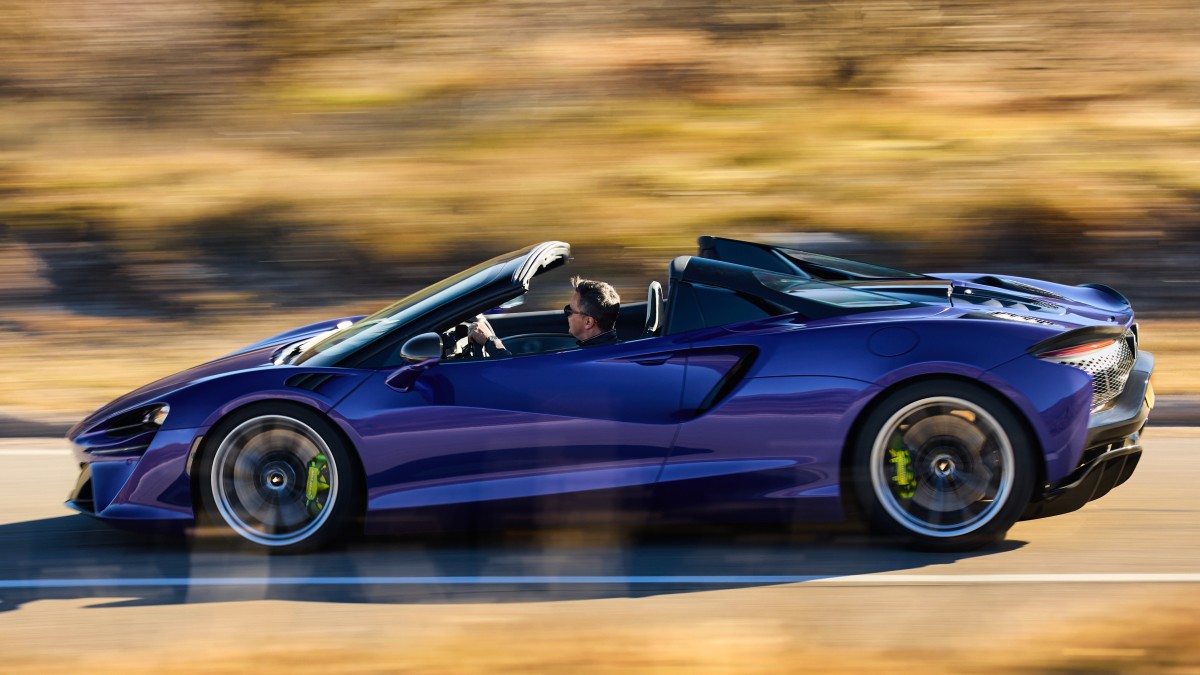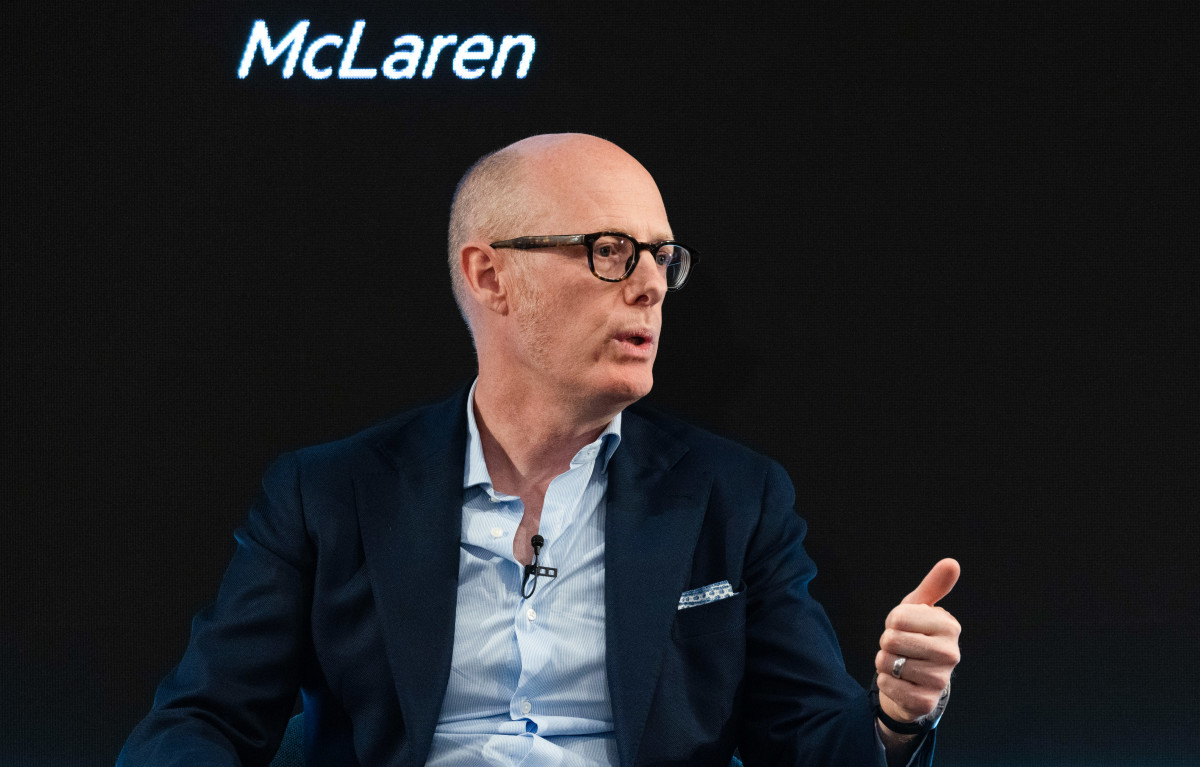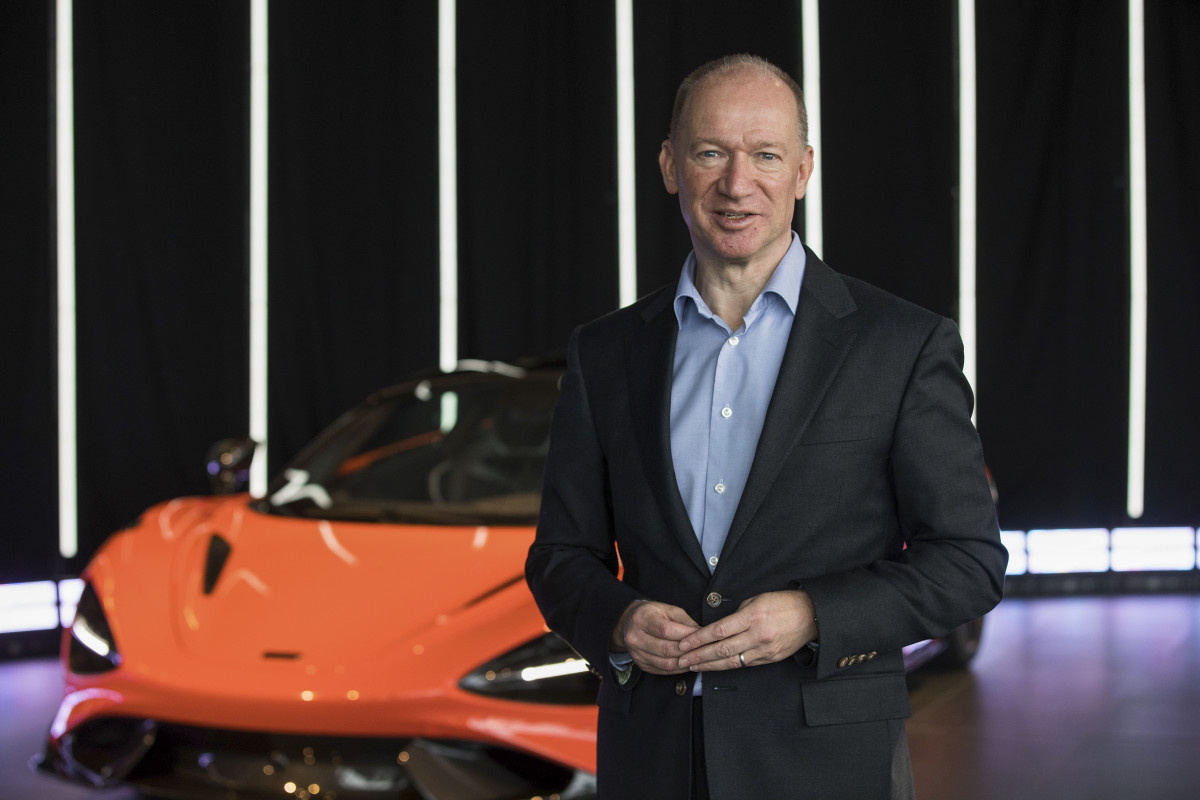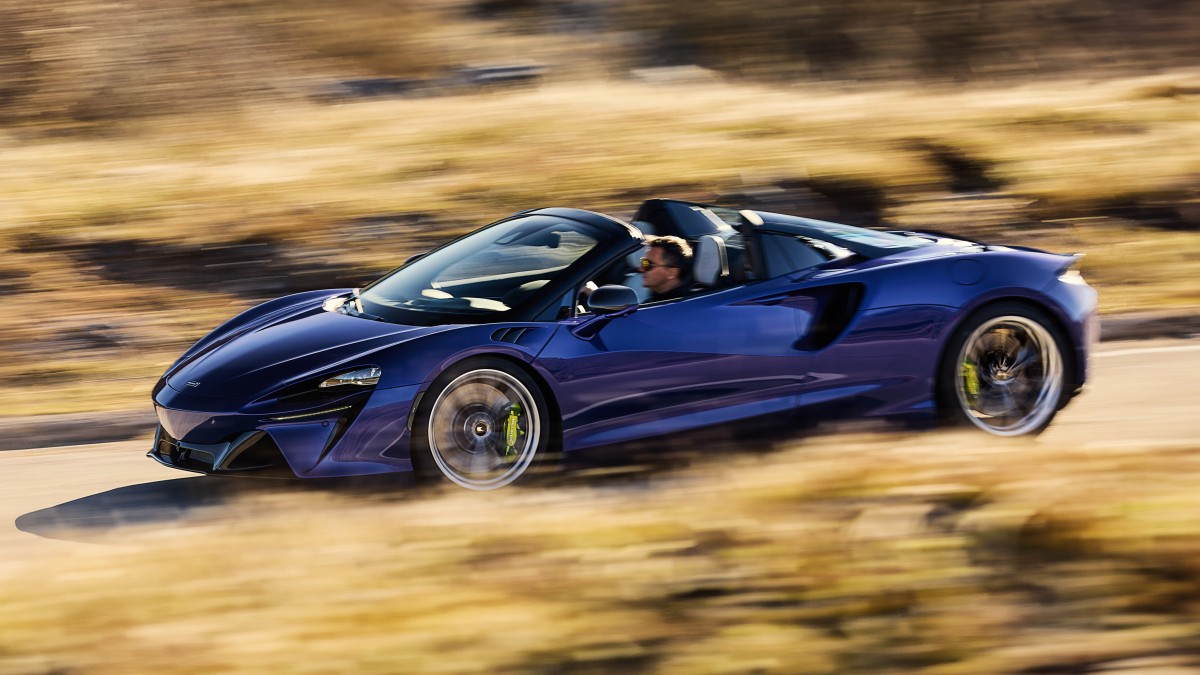
Under new ownership and leadership, British supercar manufacturer McLaren is looking to forge a path toward profitability in desperate times. With sluggish sales and falling revenue, the brand reported staggering losses amounting to £873 million, or $1.1 billion.
However, the road that the 'new McLaren' will venture on will require breaking a promise made by its previous leadership, seeking to venture into a profitable segment that its contemporaries have already made their marks on.
Related: GM exec hints at a 'hypercar' that can bring the luster back to Cadillac

In an interview with Road and Track, McLaren's new CEO Michael Leiters revealed in a very convoluted way that the brand is getting into SUVs; an about-face from the viewpoints of his predecessor Mike Flewitt. Instead of calling the new SUV an SUV, Leiters poetically called the new vehicle a “shared performance vehicle," emphasizing that the 'P' in SPV stands for "performance."
“To unlock our full potential as a company, we believe there is a second stage,” Leiters told Road and Track. “To enlarge and expand our lineup beyond the segment where we are today. We have called this ‘shared performance,’ because you can share the performance with more people than you can have in a McLaren today.”
'Diluting the brand'

In an interview with Automotive News in 2018, former McLaren CEO Mike Flewitt made it clear that the Woking, U.K.-based automaker wasn't going to hop on the 'high-end SUV bandwagon' that Lamborghini, Rolls-Royce and Bentley were on.
Although he states that he doesn't hate SUVs, such a car is "just not what McLaren does," noting that such a car would dilute the brand and require too much of an investment to develop.
"When we decide to do a product there are three simple tests: It has to be right for the brand and right for the customer base, we've got to have the technology to do the best car in class, and we've got to make money," Flewitt said.
"An SUV starts to reduce the purity of the brand as a supercar driver's brand. Secondly, we don't have the technology. Can you imagine from a standing start if we wanted to go out and do a better car than a Range Rover, or a Cayenne — the billions we'd have to invest? Third, therefore, is we wouldn't make any money. So it doesn't tick any box."

McLaren Automotive
In response to these concerns, Leiters revealed a game plan to R&T that could help speed up the development process for such a model.
Leiters said that the "smart way" to go about creating such a car is through a technology partnership with an external manufacturer. However, he points out that the brand would need to be careful to not "lose anything which is core to McLaren and the DNA of our brand" in the process.
The new McLaren boss noted that the SPV will be a plug-in hybrid built with a partner while integrating a McLaren "powertrain into an existing platform," which could save billions on development costs, had they ventured through the road alone. Additionally, McLaren plans to use an engine from one of its supercars under the hood of the future SPV; either the hybrid V6 from the Artura plug-in, or the plug-in V8 that is set to power the replacement for the eye-watering 750S.
More Automotive:
- Maserati exec defends the use of a car feature drivers hate
- Feds are skeptical about the safety of popular driver-assist tech
- Young guys who like loud cars are likely to be psychopaths, study suggests
Road and Track pointed out that McLaren has been in discussions with BMW as a potential partner, which could see the Woking-based automaker inserting its motor using the underpinnings of BMW's XM plug-in hybrid SUV.
But no matter who the partner is, the new CEO says it won't be a badge-engineering job akin to the Porsche Cayenne or the Lamborghini Urus; SUVs that share platforms with Volkswagen's Touareg and Audi's Q7 and Q8.
Leiters reiterates that the future SPV will be uniquely a McLaren, noting that it will "feature high levels of bespoke content," and may even incorporate structural changes to make it lightweight.
“The core attribute of a McLaren is lightweight," Leiters said. "We have world-class competence we could bring into a partnership, even talking about structural elements of a platform.”
Related: A former BMW engineer explains how he made a Hyundai EV feel like a “real” sports car
Though the anticipated price tag of the McLaren SPV will be around the ballpark of $400,000, selling a volume-driven car will be very necessary if it wants to continue to be able to create the performance barrier-breaking supercars it is known for.
According to R&T, the company lost over half a million dollars on every single of the 2,137 cars it sold worldwide in 2023. Though supercars remain the core of the brand, Leiters acknowledges that it needs to raise profits in order to survive.
Selling SUVs is a way to raise them. Though fast, low-slung supercars are nice to look at, they can only attract a very small number of customers. SUVs can extend the reach of a specific brand to a wide array of buyers attracted to the prestige of a particular name and badge, which translates into sales.
Lamborghini said in a statement, that "the year 2023 was the best ever" for the brand, noting that it operated with a "record-breaking 27.2% operating margin."
For the first time, Lamborghini delivered over 10,000 cars to customers worldwide, with over 60% of them being Urus SUVs. Additionally, Aston Martin's 2023 year-end results show that out of the 6,620 vehicles it sold worldwide, 2,939 were DBX SUVs, while in 2022, the model represented over half of its sales.
Related: Veteran fund manager picks favorite stocks for 2024







